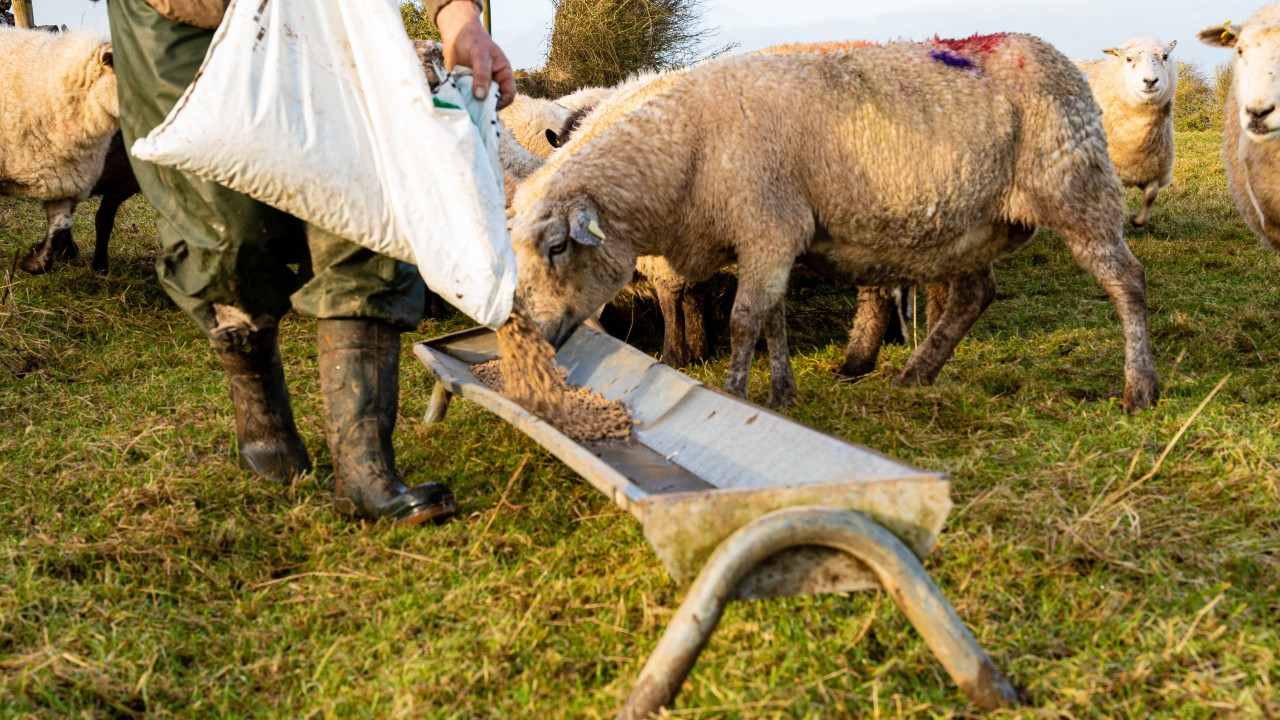Over 60% of shoppers have felt very or somewhat positive towards British agriculture over the last five years, the Agriculture and Horticulture Development Board (AHDB).
According to AHDB and Blue Marble’s latest trust research, this positivity towards domestic farming also extends to animal welfare, as just under half of consumers believe dairy cow welfare in Great Britain is amongst the best in the world.
On average, consumers also believe that British meat has higher welfare standards than meat produced overseas, and have a favourable view that Britain produces food to world-class standards.
An ethics study by IGD released earlier this year revealed that 84% of shoppers see animal welfare as an important factor when making purchasing decisions.
This was the second ranked most important ethical factor, falling just behind the freshness of the product at 96%.
AHDB retail and consumer insight analyst Tom Price said, despite this strong sentiment, consumer understanding of welfare is “generally only topline”, with a lack of understanding of the regulations and specifics.
“This provides an opportunity to educate consumers on domestic farming practices and welfare standards, which could help further strengthen the reputational foundations of British agriculture,” he said.
Misconceptions
Price said consumers are frequently misinformed by pressure groups about British agriculture and production standards.
“For example, a 2023 AHDB and Blue Marble study found that 45% of people were concerned about the use of artificial hormones in farm animals and 37% were concerned about antibiotics given to animals being harmful to consumers,” he said.
“The use of hormonal growth promotants in meat production has been banned in the European Union since 1989 – and has been incorporated into UK law as part of its withdrawal from the EU.
“There is therefore an important role to play in tackling untruths and misinformation spread by other parties.”
Price said AHDB research on the meat shopper journey showed that while most consumers would say they view animal welfare as an important purchasing factor, only a small proportion of them actually consider welfare standards when they are in-store and looking at what to buy.
“Poor depth of understanding of quality and welfare standards will be playing into this, but price and appearance can easily distract from welfare claims when in store.
“Consumers do still want to buy British red meat and dairy, as well as premium, high welfare products, but price is currently distracting from and hampering efforts to do so.”

